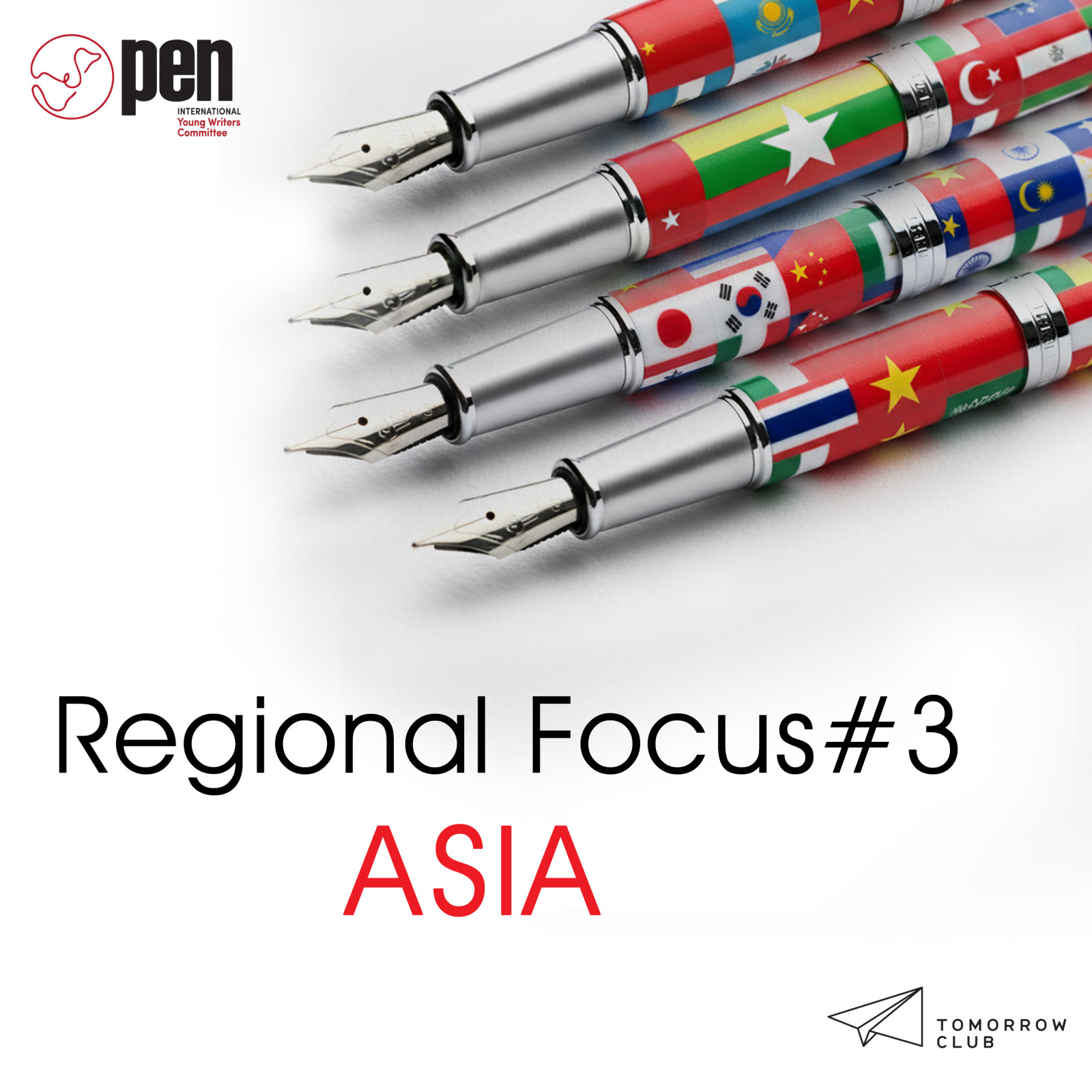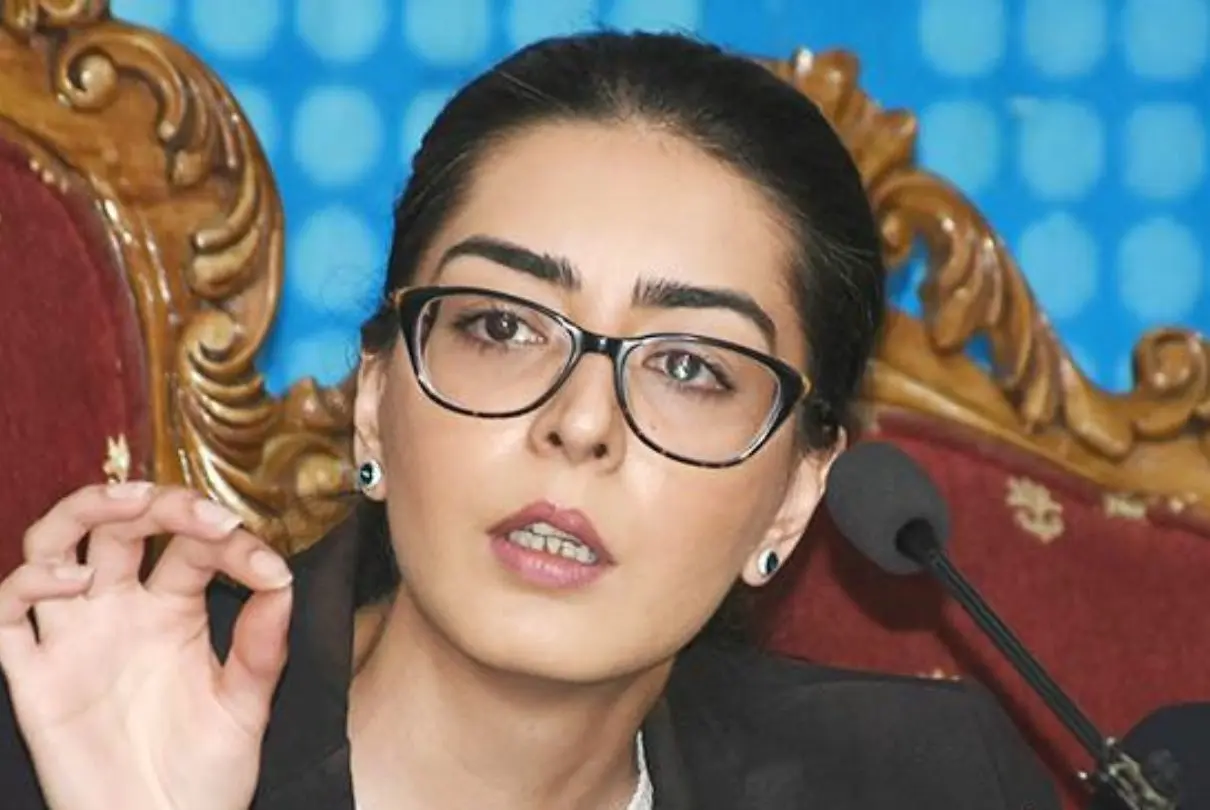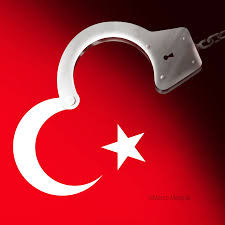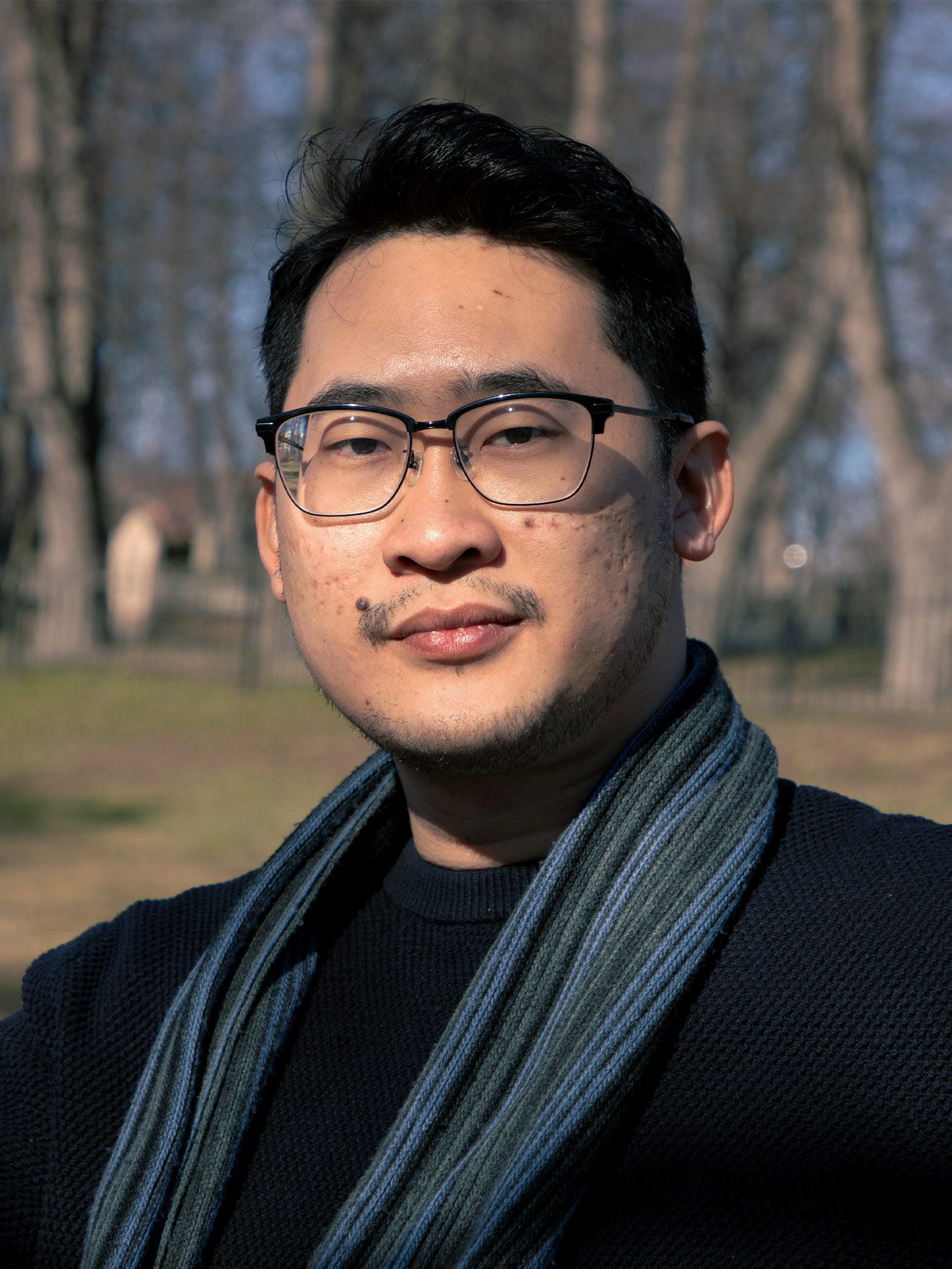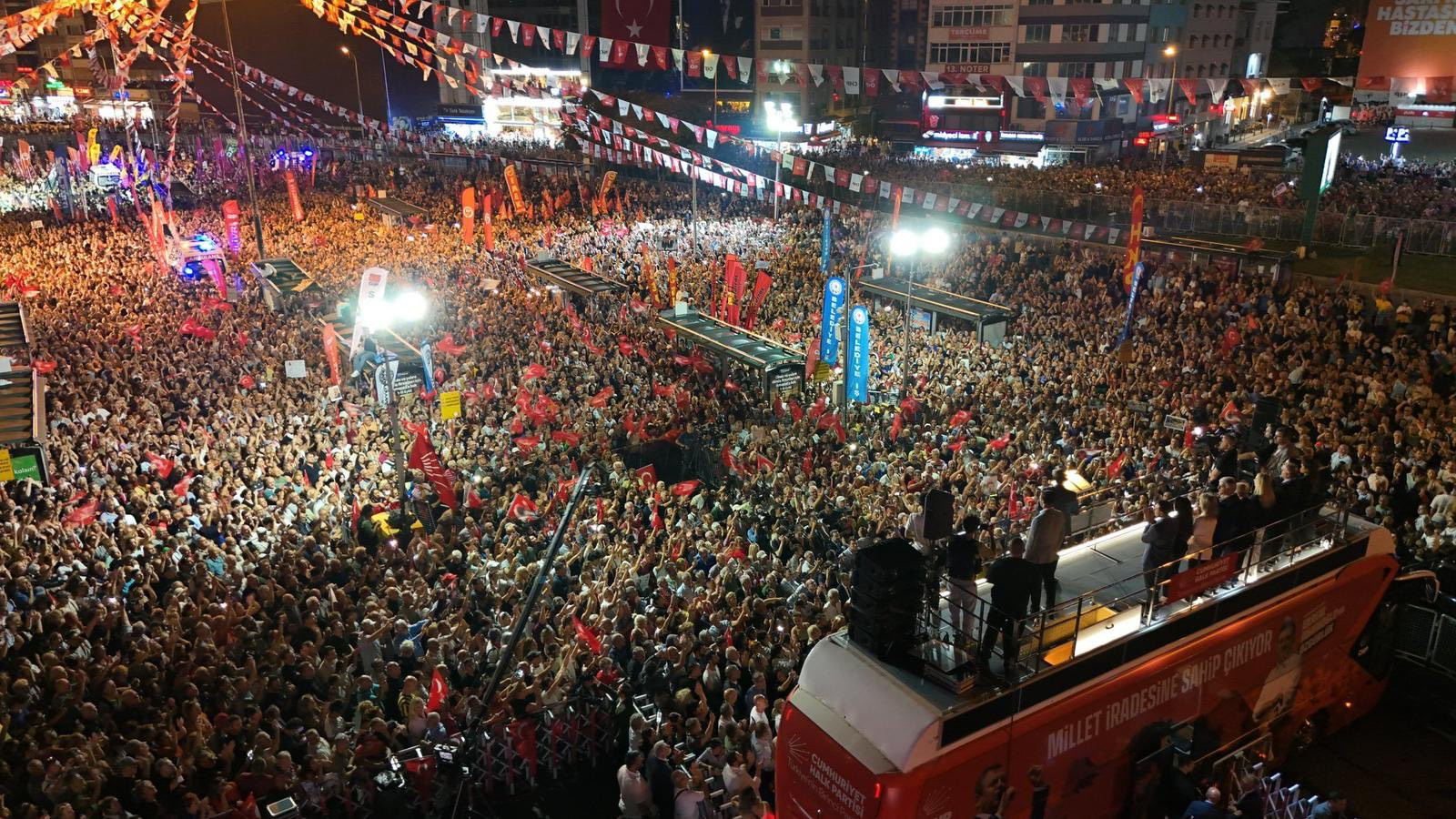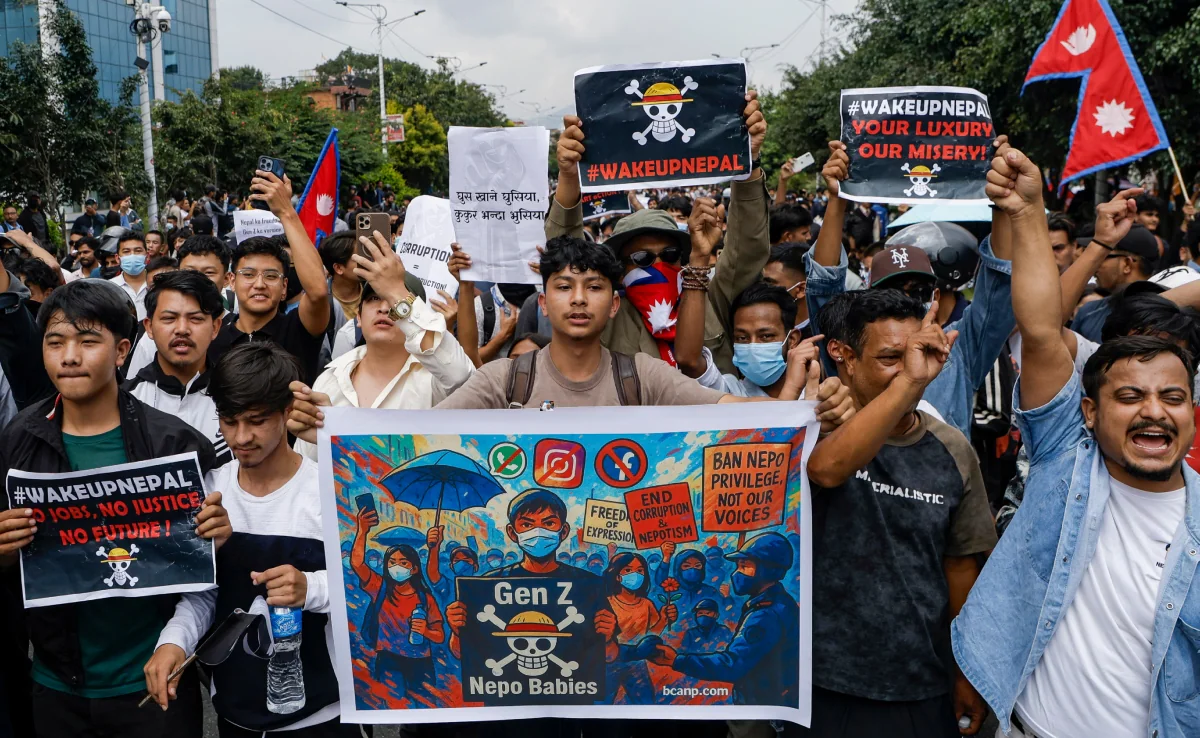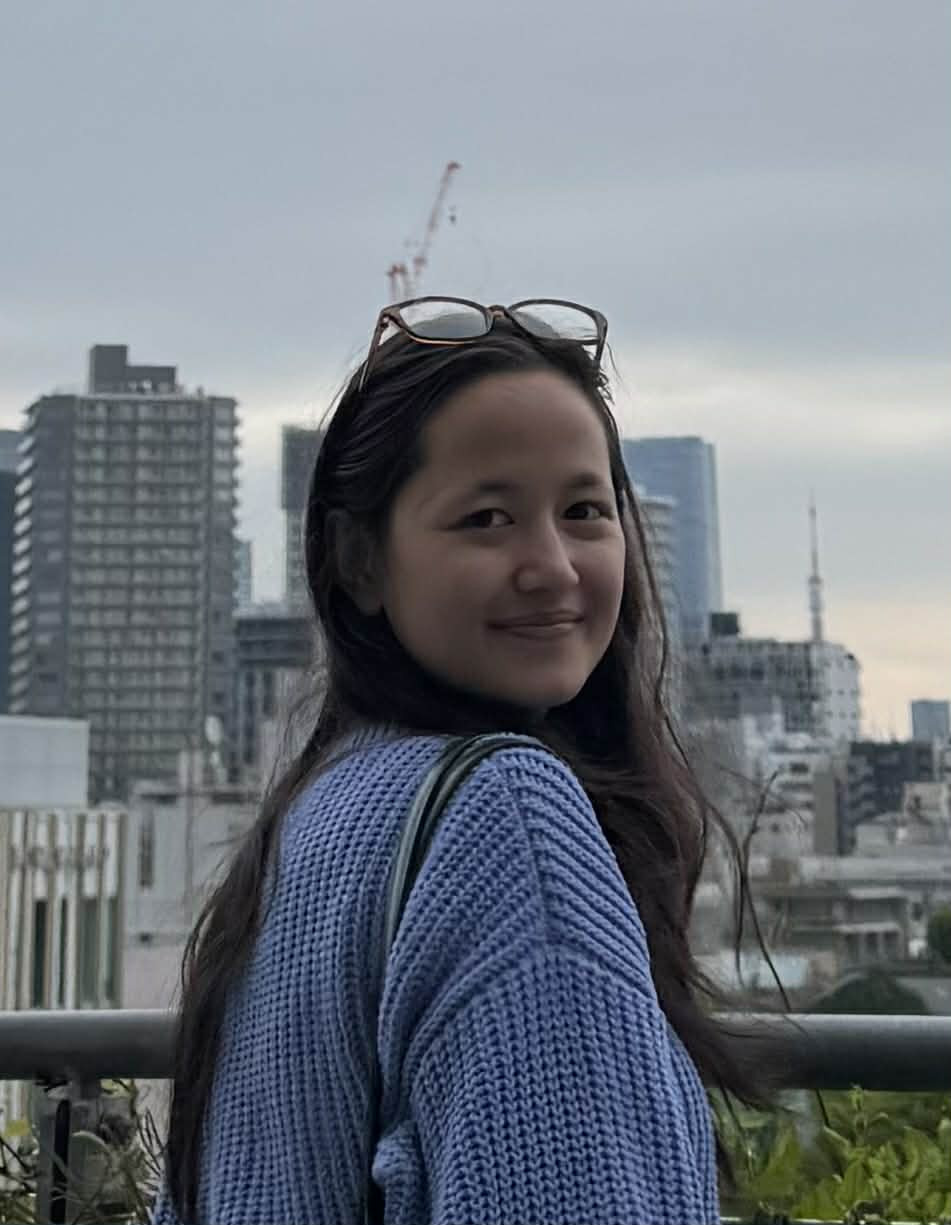In an extraordinary moment at the Sharm el-Sheikh Peace Summit on October 13, the US President Donald Trump hailed Pakistan’s controversial Chief of Army Staff General Asim Munir and called him his “favourite Field Marshal.” The unexpected praise by the U.S President for a military General, during a high-level diplomatic gathering convened to launch a Gaza peace plan, must have shocked many foreign dignitaries already uneasy over Pakistan’s human rights record and creeping authoritarianism. But at home, the unpopular government wasted no time cashing in on President Trump’s remarks as a diplomatic win.
Trump’s praise comes as Pakistan faces mounting domestic criticism over increasing rights abuses by its armed forces, ranging from enforced disappearances and custodial killings to a sweeping crackdown on political opponents. These concerns escalated after the passage of the controversial 26th Constitutional Amendment, pushed through Pakistan’s parliament last year during a late-night session shrouded in secrecy and tainted by allegations that lawmakers were intimidated or coerced into signing in the new law. International observers warn that the amendment undermines judicial independence in Pakistan.
Famous cricketer turned politician and former Prime Minister Imran Khan, currently imprisoned and leader of the Pakistan Tehreek-e-Insaf (PTI), or Pakistan Justice Movement, has repeatedly accused the military of imposing “the worst form of dictatorship.”
The Secretary-General of the International Commission of Jurists also criticised the recent constitutional changes, saying they “erode the judiciary’s capacity to function independently and effectively as a check against excesses by other branches of the state and to protect human rights.”
After the 26th Constitutional Amendment, Pakistan is paralysed by uncertainty. Civil and military elites insist on a narrative of “economic stability,” but it is a façade. Behind it, the deep state has tightened its grip on the judiciary, seized control of the press, and criminalised dissent with chilling efficiency. These brutal tactics are most visible in sweeping amendments to the draconian Prevention of Electronic Crimes Act (PECA) and the violent suppression of peaceful protests. In today’s Pakistan, speaking out is dangerous, and the damage to an already fragile democracy is incalculable.
The impunity and doublespeak are glaring. Pakistani military receives international support in its fight against separatist insurgents in Balochistan and jihadist groups in Khyber Pakhtunkhwa, but the very same military continues to deploy tactics that flagrantly violate the international laws of war. Civilians in both provinces are targeted indiscriminately by armed forces, with little to no accountability. This brutal reality attracts rare international attention and even less condemnation from the same international community, which supports military fighting in insurgents in Balochistan and jihadist elements in Khyber Pakhtunkhwa.
The Human Rights Council of Balochistan, a non-profit rights watchdog, reported that in July this year, alone, 112 people were forcibly disappeared, a chilling figure. In that same month, 49 were killed extrajudicially, most while in the custody of the state.
These figures must also be seen in the broader context of complete State apathy and ignorance where the senior most law officer of the Federation, the Attorney General for Pakistan, during the recent National Judicial Policy-Making Committee meeting, dishonestly claimed that the issue of enforced disappearances has been largely addressed through recent amendment to Section 11EEEE of the Anti-Terrorism Act, 1997 (which requires persons arrested under the Act to be produced within a period of 24 hours – as though the Constitution of Pakistan did not already safeguard this right). The reality is that repeated conflation of the issue of enforced disappearances with the issue of terrorism is the height of intellectual dishonesty, seeking to build on the narrative developed by the former Director General of Pakistan’s Inter-Services Public Relations (ISPR), the spokesperson of the military (who famously stated: “Everything is fair in love and war”) . Moreover, the ground reality is that despite the amendment to the ATA, the bulk of people who have been forcibly disappeared are yet to be produced before any court, and further, that even after these amendments, disappearances continue unabated.
For example, on 8 July, Saeed Ullah Baloch, a student at Islamabad's famous Quaid-e-Azam University and a native of Balochistan, was forcibly disappeared in the nation’s capital. Eyewitnesses say “unknown persons” in paramilitary uniforms and plain clothes, hauling him off a passenger bus, a scenario increasingly becoming a common practice in urban Pakistan nowadays. Saeed’s disappearance is not an isolated incident, but rather part of an escalating campaign of racial profiling and harassment targeting ethnic Baloch minorities, particularly students in Islamabad, which spiked alarmingly in 2022. The climate of fear has become so acute that the Islamabad High Court was compelled to order the government to launch a Commission of Inquiry —an extraordinary measure that speaks to the gravity of the abuse.
Even after the Commission submitted its Report, the increasing number of enforced disappearance cases filed before the Islamabad High Court led to the formation of a three-member larger bench tasked with hearing these cases. This was before the passage of the 26th Constitutional Amendment. There was a brief glimmer of hope that the country might move towards resolving this long-standing issue of enforced disappearances and racial profiling. During the proceedings before the Larger Bench, the Attorney General for Pakistan had given an undertaking (on 10 January 2024) that all forcibly disappeared persons would be released and that no one would be disappeared thereafter. Despite the undertaking, a list of 26 additional forcibly disappeared persons was produced before the Court and recorded in its order dated 19 February 2024.
As aforementioned, the glimmer of hope was short-lived. After the passage of the controversial 26th Constitutional Amendment, the larger bench was dissolved. This followed the recusal of one of the High Court judges from the Bench. Since then, no new bench has been constituted, and no hearing in these constitutional petitions has been fixed. Interestingly, the same judge had once co-penned a letter with his brother and sister judges to the Supreme Judicial Council. That letter called attention to the interference of intelligence agencies in the performance of judicial functions. Today, the same High Court, once credited for ensuring the recovery of the forcibly disappeared, cannot even list these petitions for hearing. More concerning, even when the cases are miraculously fixed for hearing before the Constitutional Court, the latter refuses to issue a production order to the Government authorities. Such is now the degree of submission of the judiciary to the deep State post-26th Constitutional Amendment.
As though the situation was not dire enough, after the recent victory of the “Independent” Lawyers Group in the Supreme Court Bar Association (SCBA) elections, the former President of the SCBA (and senior leader of the “Independent” Group) gave a press talk calling for the Parliament to introduce a 27th Constitutional Amendment! One would have thought that after the 26th Constitutional Amendment, the level of suffocation desired by the military establishment had already been achieved, but manufactured calls for the introduction of a 27th Constitutional Amendment signal even darker times for Pakistan.
This may be the last piece I am able to publish for a very long time. The State has made its intentions clear: imprison me and silence my voice as punishment for my work as a lawyer and human rights activist. My husband and I now stand trial in a fabricated cyber-terrorism case, one of nine spurious charges levelled against me since 2022, cooked up by Pakistan’s National Cyber Crime Investigation Agency.
Even prior to the actual registration of the case, it had been conveyed to us that our conviction in the case is based on a “policy decision” in this regard taken by the deep State, particularly after our support of the Baloch Yekjehti Committee’s 74-day sit-in camp in Islamabad this summer. It is important to highlight here that almost the entire leadership of the Baloch rights movement, Baloch Yekjehti Committee, including its organizer, Dr. Mahrang Baloch, has remained incarcerated since March 22, without any sentence or conviction, as part of the deep State’s policy of dismantling all peaceful resistance against State oppression.
The “law” in Pakistan remains nothing more than a tool with which a nuclear-armed State continues to crack down on any and all forms of peaceful resistance and dissent. Injustice has become the law in Pakistan, and what was left of the resistance is behind bars, in hiding, or forcibly disappeared. As the international community laps up our Field Marshal, one must ask: are we really children of a lesser God?
